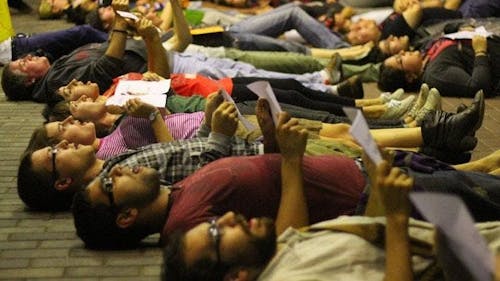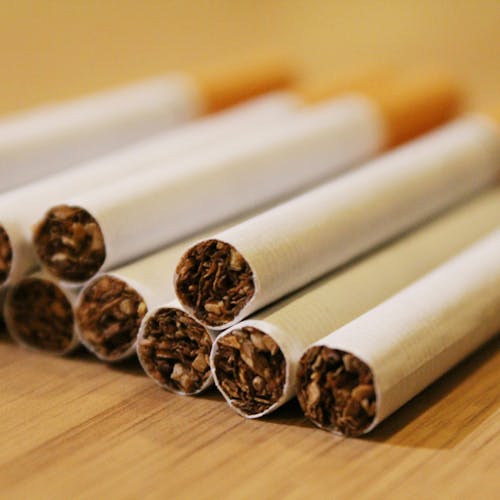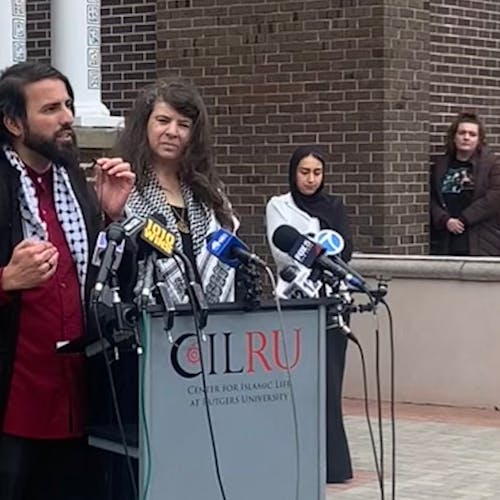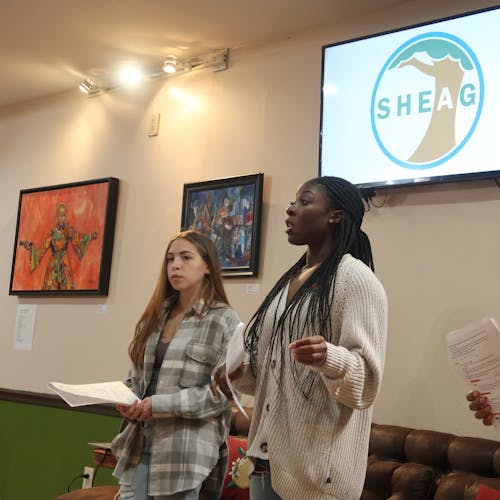Rutgers Tyler Clementi Foundation study: LGBTQ+ students report feeling more depressed, isolated

The Tyler Clementi Foundation, in celebration of New Jersey’s first Transgender Awareness Week, has shared its results from the largest study of LGBTQ+ college students in American higher education.
The Tyler Clementi Center, a research partnership between Rutgers and the foundation, partnered four premier postsecondary research institutions for the study — extrapolating responses from LGBTQ+ students from the data sets of 918 colleges nationwide to better understand their experiences, according to the study.
The study asked respondents about their gender identity and experience on campus. Respondents were generally divided into four categories: queer-spectrum, trans-spectrum, heterosexual and non-transgender students.
Queer-spectrum meant respondents identified as bisexual or gay, among other titles, according to the study, while trans-spectrum meant they may not correspond with their birth gender.
Queer-spectrum students were compared to heterosexual students and trans-spectrum students to non-transgender students — which encompasses both heterosexual and queer-spectrum students, according to the study.
Academic surveys fail to represent Queer and trans-spectrum students, study finds
Less than 2 percent of college student academic surveys include sexual identity demographics, and less than 1 percent include gender identity demographics. This omission renders queer-spectrum and trans-spectrum populations invisible to university leaders, according to the study.
“This snapshot reveals a campus climate that is failing to provide an equitable learning environment for queer-spectrum and trans-spectrum students,” the study stated. ”Along with troubling disparities across academic engagement and student health.”
Campus climate surveys the behaviors, attitudes and practices of the university’s faculty and staff that affect student inclusion, abilities and potential.
Queer- and trans-spectrum students report feeling less safe campus, more threatened
The survey found that 32 percent of queer-spectrum students felt isolated from campus life while 52 percent of trans-spectrum first-year students felt unsafe on campus after their first year, compared to 23 percent of non-transgender first-year students.
Health outcomes for queer and trans-spectrum students were also consistently disparate compared to heterosexual and non-transgender students, according to the study.
“These outcomes are influenced by various aspects of campus climate, as well as the experiences students have prior to college entry,” according to the study.
Students reported feeling more isolated, more depressed
Twenty-four percent of first-year queer-spectrum students and 32 percent of first-year trans-spectrum students felt frequently isolated from campus life — compared to 15 percent of heterosexual and 16 percent of non-transgender first-years, according to the study.
Furthermore, 59 percent of queer-spectrum students and 56 percent of trans-spectrum students felt so depressed in the past 12 months that it was difficult to function.
The average GPA for queer-spectrum students was 3.23 and 3.22 for trans-spectrum students, which almost equally matches the average GPA for both heterosexual and non-transgender students at 3.20, the study found.
More social sciences and arts and humanities majors among queer and transgender-spectrum
A greater percentage of queer and trans-spectrum students take majors in either the social sciences or arts and humanities, according to the study.
The Tyler Clementi Foundation honors the memory of Tyler Clementi, a Rutgers student who in 2010 died by suicide after being outed by his college roommate. His death sparked a national conversation on the challenges facing queer and trans-spectrum students on college campuses.
The Center is dedicated to exploring the impact of bias, peer aggression and campus climate on post-secondary students who, according to the study, experience marginalization or stigma related to their sexual orientation, gender identity and expression, race, ethnicity, nationality, religion or faith and ability among other stigmatized identities and experiences.
“If students from different social identity groups experience, or at least perceive, campus climates differently, and if perceptions of campus climates can affect education and developmental outcomes of college students, then are not those working in higher education obliged to intervene?” said Susan Rankin, Ph.D and co-author of the study.
Editor's note: This article has been updated to better reflect the sexual orientations of study's participants.



